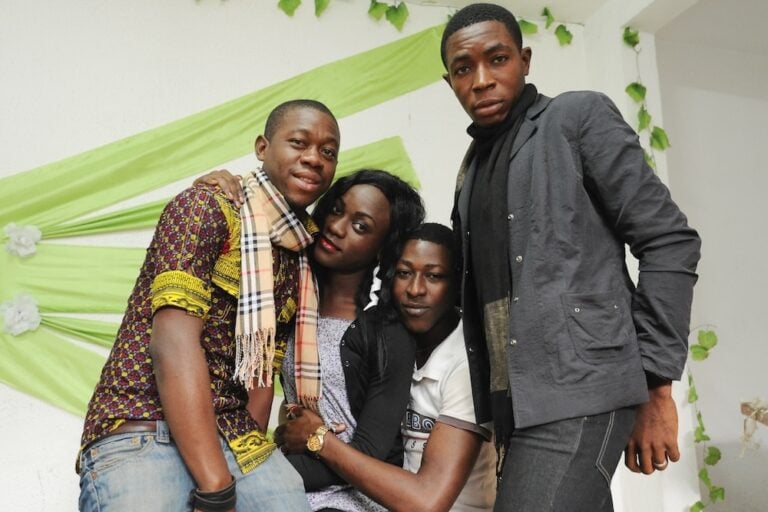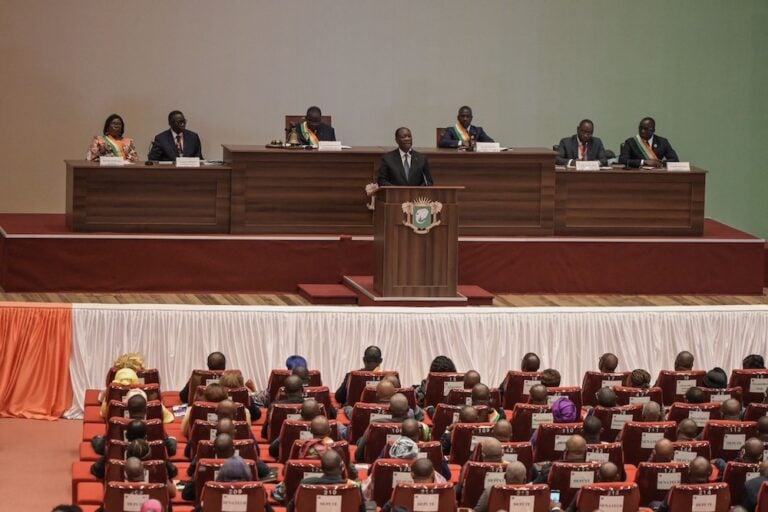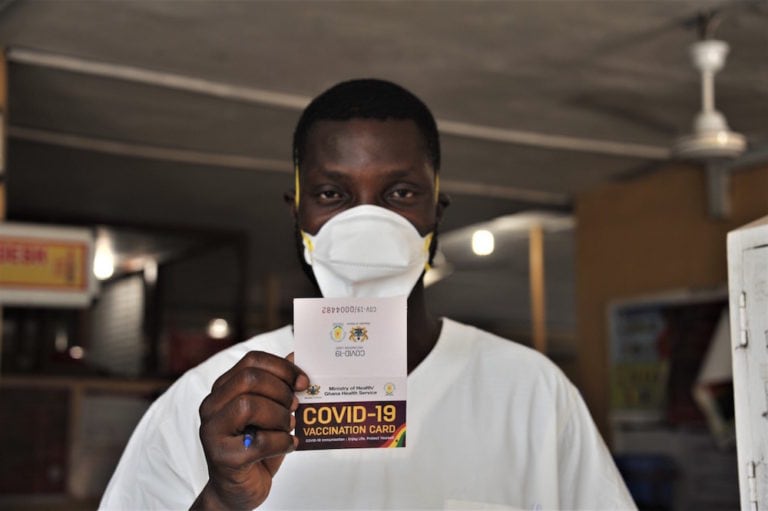Ivorian ambassador Ally Coulibaly assured RSF that the new administration will respect media freedom, after the organisation called for an end to the abuses against the country's media.
(RSF/IFEX) – 14 April 2011 – A top official of Côte d’Ivoire’s new government has assured Reporters Without Borders that it will respect media freedom, after the organisation called for an end to the disruption and abuses of the country’s media during the past several months of conflict, for laws decriminalising media offences to be retained and for opposition journalists to be allowed to work freely.
Two representatives of the organisation met Ivorian ambassador to France Ally Coulibaly yesterday with the family of disappeared journalist Guy-André Kieffer.
“We won’t make the same mistakes as the previous government,” Coulibaly told them. “We know what is expected of us. President Ouattara wants to ensure all journalists can work freely.”
Reporters Without Borders said the conflict had very seriously damaged media freedom, with the authorities seizing control of regulatory bodies and using state media for propaganda and with journalists unable to work because of lawlessness, threats and censorship. Both sides had disrupted the reporting of news and the new government’s declared reconciliation policy should include respecting media plurality and the expression of all opinions, it said.
Coulibaly said big changes would have to be made in the state broadcaster Radio-Télévision Ivoirienne (RTI), which has become a propaganda organ in recent years putting out hate material and not performing its public service role.
Reporters Without Borders suggested changing RTI’s recruitment practices, with candidates required to have professional qualifications and to respect journalistic ethics, and called for the powers and independence of the regulatory bodies, the national press council (CNP) and national broadcasting council (CNCA), to be respected. It said it would closely monitor the overall situation and offered to help the work of ensuring media freedom.
The press freedom organisation said it was still very concerned about the risk of reprisals and score-settling, caused by the sharp polarisation of the country’s media, and about the safety of many Ivorian journalists. The director-general of RTI, Brou Amessan, was beaten up on 6 April by members of the pro-Ouattara Forces républicaines de Côte d’Ivoire (FRCI) and received injuries to his foot and hand.
Several journalists of the Olympe press group, which publishes the daily papers Soir Info and L’Inter, have stayed in their Abidjan offices since 31 March for fear of reprisals in some parts of the city. A reporter from L’Inter was beaten at a roadblock by Ouattara supporters in Treichville on 11 April.
Some journalists close to the ousted regime have gone into hiding while others are still being threatened by remnants of ex-President Laurent Gbagbo’s Jeunes patriotes militia. Meanwhile, several of the country’s daily papers will soon reappear. Local relay transmission of the French TV stations TV5 Monde and France 24 has also resumed. Their broadcasts had been suspended in December 2010 by the CNCA.


